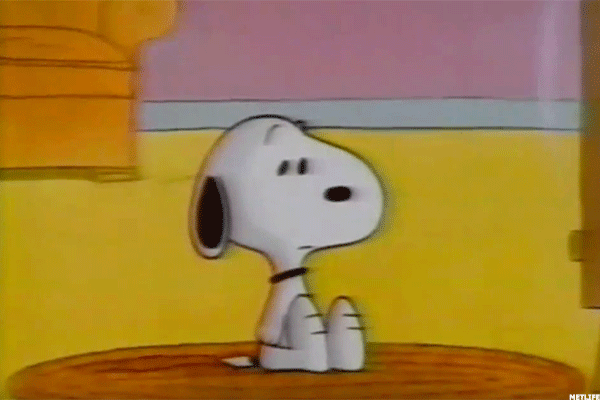CDC: Preteens Only Need 2 Doses Of HPV Vaccine, Not 3
- by Erica Wilson
- in Local
- — Oct 22, 2016
According to The Washington Post, The Advisory Committee on Immunization Practices voted for the first dose of the HPV vaccine to be administered at 11 or 12 (but could be given as early as 9 years) and the second dose be administered 6 to 12 months after the first dose.
The CDC said it will provide guidelines on the new recommendations to parents, healthcare professionals and insurers.
The HPV vaccine prevents cervical, vaginal, anal, and head and neck cancers, as well as precancerous lesions and genital warts.
Merck and GlaxoSmithKline make the HPV vaccines Gardasil and Cervarix, respectively, but as of last month, the Merck product is the only one supplied in the USA market.
Kids aged 11-12 should get only two doses of a vaccine to prevent cancers caused by human papillomavirus, instead of the previously recommended three shots, USA health authorities said Thursday. "Young women can get HPV vaccine through age 26, and young men can get vaccinated through age 21", the CDC says.
Frieden said the shortened schedule "will make it simpler for parents to get their children protected in time". The CDC had recommended three.
Save The Ruby Slippers: Smithsonian Seeks Funds To Preserve Dorothy's Shoes
The Smithsonian also plans to move the slippers to a new exhibition on American pop culture that's set to open in 2018. Last year , their first Kickstarter raised over $700,000 to preserve Neil Armstrong's space suit he wore on the moon.
Teens can now take less doses of the HPV vaccine.
"It's not often you get a recommendation simplifying vaccine schedules", said Dr. Nancy Messonnier, Director of the National Center for Immunization and Respiratory Diseases at the Centers for Disease Control and Prevention.
Recent studies have shown two doses of the current HPV vaccine Gardasil 9 work just as well in kids ages 9 to 14.
HPV is a sexually transmitted virus that causes cervical cancer.
The panel stuck with three doses for anyone who doesn't get their first shot until they turn 15.
The study also showed that the protection appears to occur even when only one or two of the recommended doses of the vaccine are given. Only 28 percent of boys and 42 percent of girls between the ages of 13 to 17 have received all three doses of the shot as of 2015. Once it's in your system the vaccine is useless.




